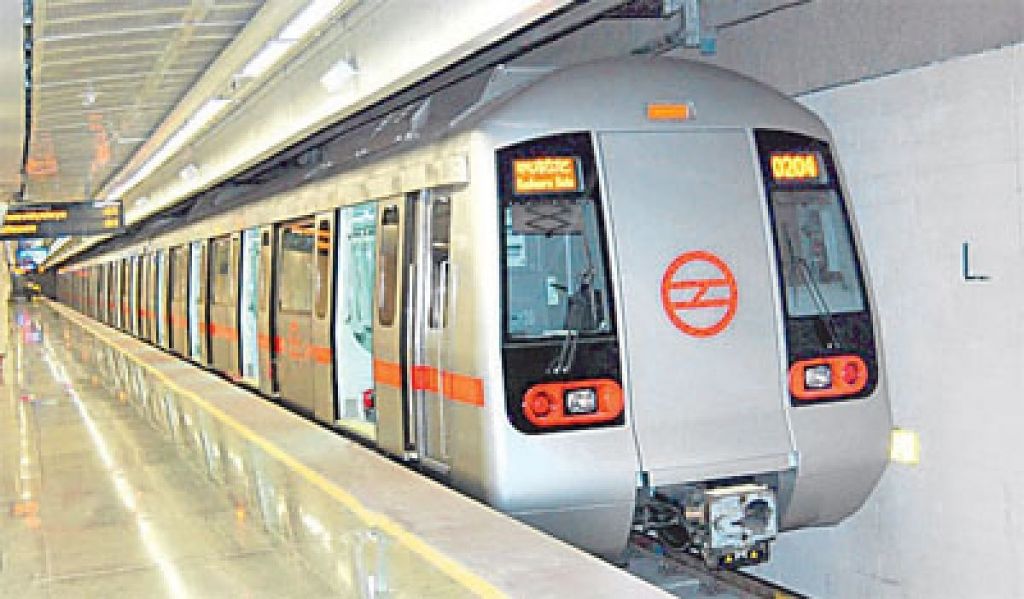
More than 55 years after Cuffe Parade was created, the prime locality will be connected to the rest of the city by Mass Rapid Transit (MRT). The underground Metro Line 3 is expected to start services in May-June 2025, providing commuters an alternate route to travel to the extreme south of the city. Cuffe Parade residents are looking at the mid-year inauguration of the Metro route with both hope and trepidation.
Cuffe Parade, which has 81 buildings, including high-rise apartments, office buildings, and a luxury hotel, is facing an onslaught of encroachments on roads and open spaces. Residents fear the Metro will bring more visitors and hawkers. FPJ spoke to Cuffe Parade Residents Association (CPRA) about solutions to the problems.
Q: Will the Metro be a boon or curse?
A. Dr Laura D'Souza, president, CPRA:
It will be a boon because of the accessibility it will provide; the narrow roads make it difficult to get in and out of Cuffe Parade. Traffic drives us nuts. However, I do not know how many Cuffe Parade residents will use it.
Dr Padmakar Nandekar, chairman (committees and plots):
Staff at the World Trade Centre, Maker Towers, G D Somani School, and the hotel will be able to use the Metro.
Preeti Bedi: Honorary secretary: It will always be a boon if we realise that it needs a whole lot of supporting infrastructure. The increase in traffic of human movement will need proper food courts, and would need proper areas where they can walk.
Bharati Bhatijaa, Executive Committee Member: Possibly, better-paid office goers now using trains may use these. Residents are not going to use it as last-mile connectivity is not there.
Q: There is a fear that the Metro will bring hawkers
A. Bhatijaa:
It will be quite taxing on the President (Hotel) and adjoining buildings as there will be taxis, hawkers etc blocking the area. First, the roads around the station should be declared as a no-hawking zone.
Bedi: Nobody is interested in looking at its impact on the ground level. Metro stations around the world have services and shops, laundries, groceries, restaurants for users.
Q: What can be done to prevent unauthorised hawkers?
A. Bedi: The area can be hawker-free if we provide them a legitimate spot and confine them there. So if you suddenly have somebody on the pavements, you know that they could not have got permission to be there.
Q: Three plots were taken over by Mumbai Metropolitan Region Development Authority (MMRDA) for Metro construction and ancillary use. Have you got the plots back?
A. Dsouza: CPRA can find a sponsor to restore the plots. However, Colaba Woods is occupied by slums dwellers. So, unless we can charge users like at BPT (Garden) it will be a white elephant. Sad. Such a great garden has been wasted. Plot number 105 which was taken over for Metro construction is meant for parking, but there are encroachments on the plot. There are also fears that the plot will be given to a religious organisation.
Q: Slums are encroaching more areas
A. Nandekar: Illegal reclamation is happening near Machimar Nagar. The authorities are passing the buck as areas on the seashore are controlled by the MMRDA and not the BMC. There are six slums in Cuffe Parade and they are growing.
Q: The difficulties of keeping the area free from encroachers
A. D'Souza: We are doing the Brihanmumbai Municipal Corporation's job. They do not respond to our complaints till we speak to the media.
Nandekar: CPRA was formed to protect open spaces. We created and protected the biggest open space in the area – the Bay View Marina which is seven acres, but there is a plot meant for a garden that is being used as a parking lot for school buses.